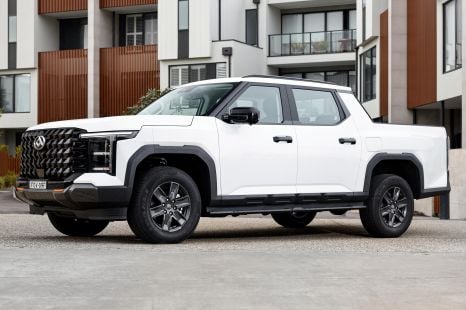

Damion Smy
3 Days Ago
Unlike Carlos Tavares, CEO of the PSA Group, Mike Manley's post-merger life will be a regional one, with the FCA CEO put in charge of the US division.

Journalist
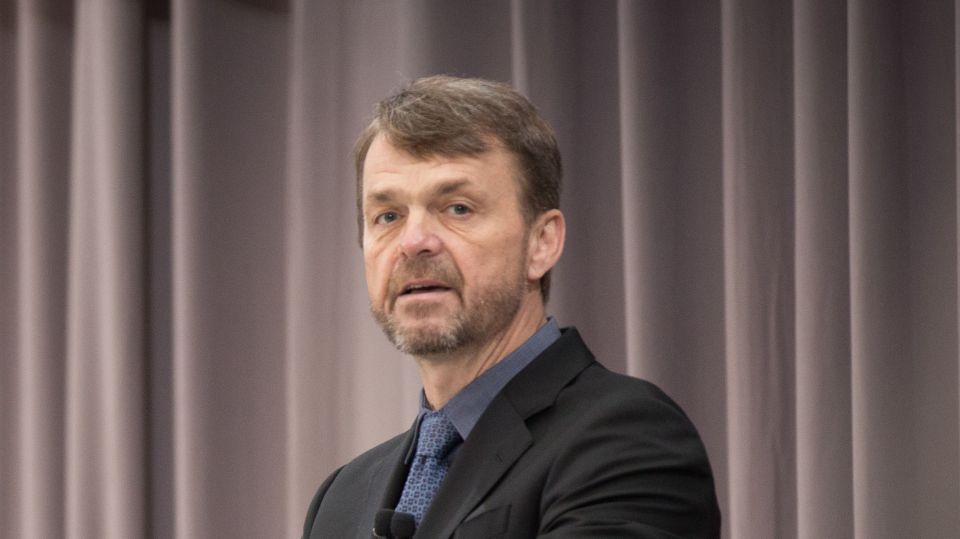

Journalist
Mike Manley, the man who signed the deal to merge Fiat Chrysler with Groupe PSA into Stellantis, will become the combined automaker’s US chief.
While his counterpart at PSA, Carlos Tavares, will become CEO of Stellantis, Manley’s new role will be purely regional and he will not sit on the new firm’s board.
Although many automotive CEOs have spent their entire careers at automakers, Manley graduated with an engineering degree but began his working life at a car financing firm and various dealerships throughout the UK.
In 2000 DaimlerChrysler bought the used car dealership network he was working for, and he was subsequently transferred to the US in 2003.
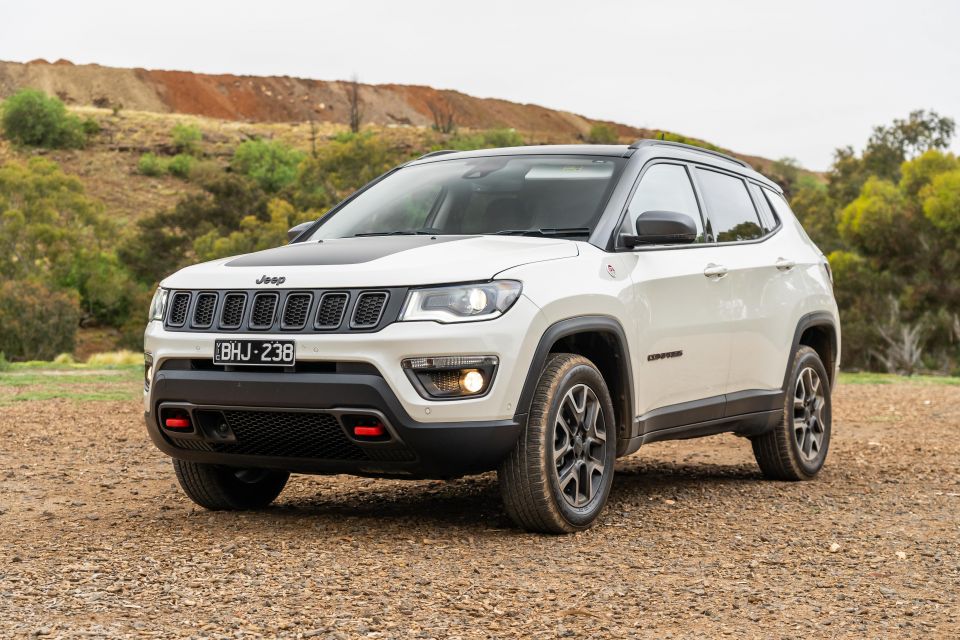
He was put in charge of planning and sales for Chrysler in 2008 before assuming the top job at Jeep a year later. He added the Ram truck division to his list of responsibilities in 2015.
During his tenure as Jeep boss sales grew from around 300,000 vehicles per year to well over a million, thanks in part to a global love affair with SUVs, new models extending the range downwards, and concentrating on being a crossover brand with off-road capabilities.
Manley was named chief executive of Fiat Chrysler after the sudden incapacitation, and later death, of Sergio Marchionne in the middle of 2018.
Since taking over, Manley has decentralised management within the automaker, but has largely stayed away from grand, but largely unfulfilled, five-year product plans, which were a feature of Marchionne’s tenure.
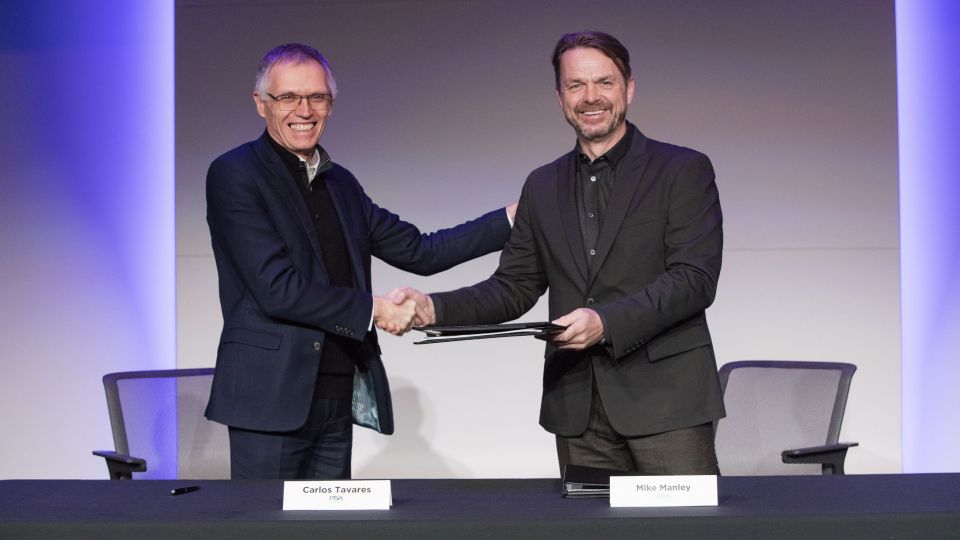
He did, however, continue to signal the company’s willingness to pair up or partner with other automakers. This eventually lead to a merger-of-equals proposal with Renault, but this plan was scuttled when the French government insisted the merger gain the full blessing of Nissan, Renault’s long-term alliance-mate.
Months later Manley signed an agreement to merge Fiat Chrysler with the PSA Group. This combination will give FCA’s brands access to more modern and lightweight platforms, as well as plug-in hybrid and electric vehicle capabilities.
Prior to the merger FCA relied on credits purchased from Tesla to bring down its fleet average CO2 emissions, and avoid hefty fines in the European Union.
Derek Fung would love to tell you about his multiple degrees, but he's too busy writing up some news right now. In his spare time Derek loves chasing automotive rabbits down the hole. Based in New York, New York, Derek loves to travel and is very much a window not an aisle person.


Damion Smy
3 Days Ago
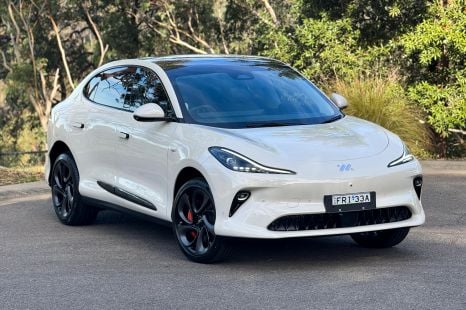

Matt Campbell
1 Day Ago
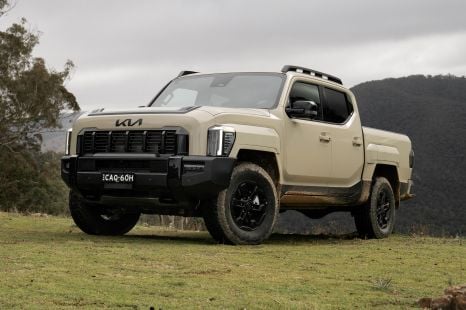

Josh Nevett
21 Hours Ago
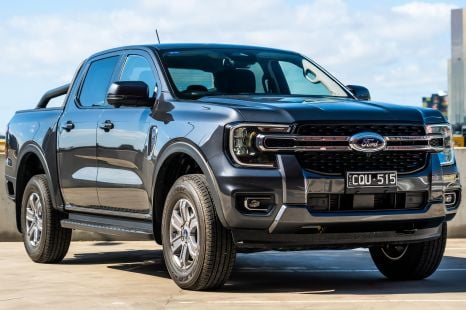

Damion Smy
21 Hours Ago
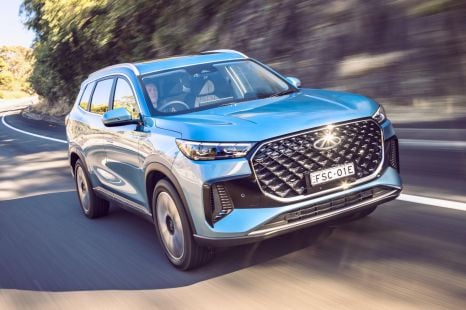

Max Davies
20 Hours Ago
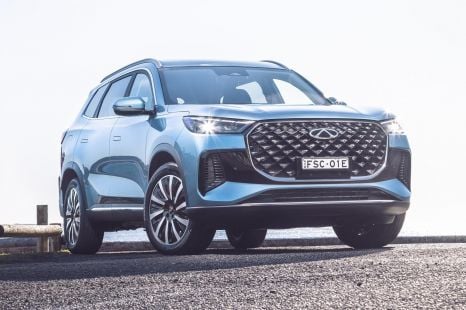

Max Davies
20 Hours Ago